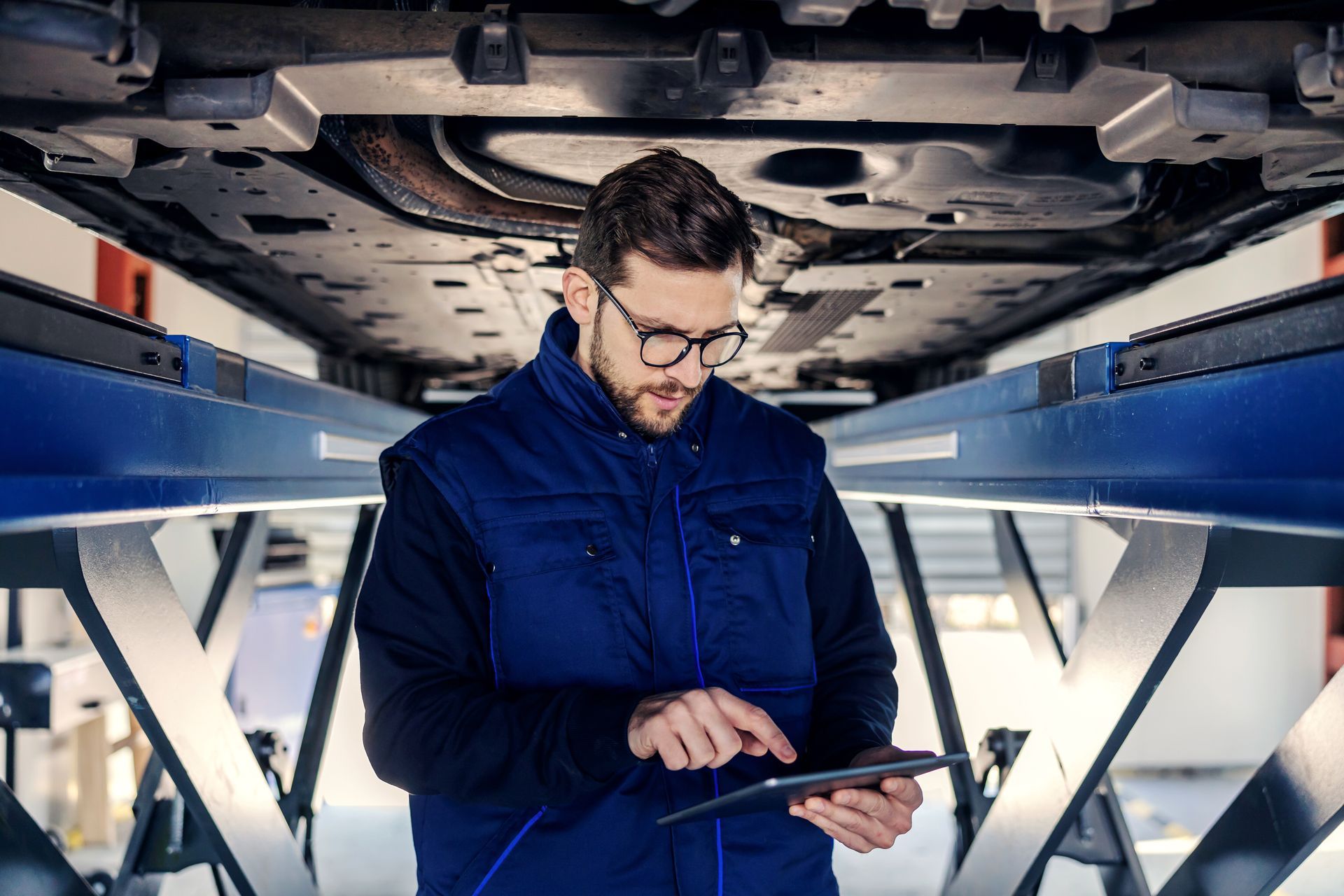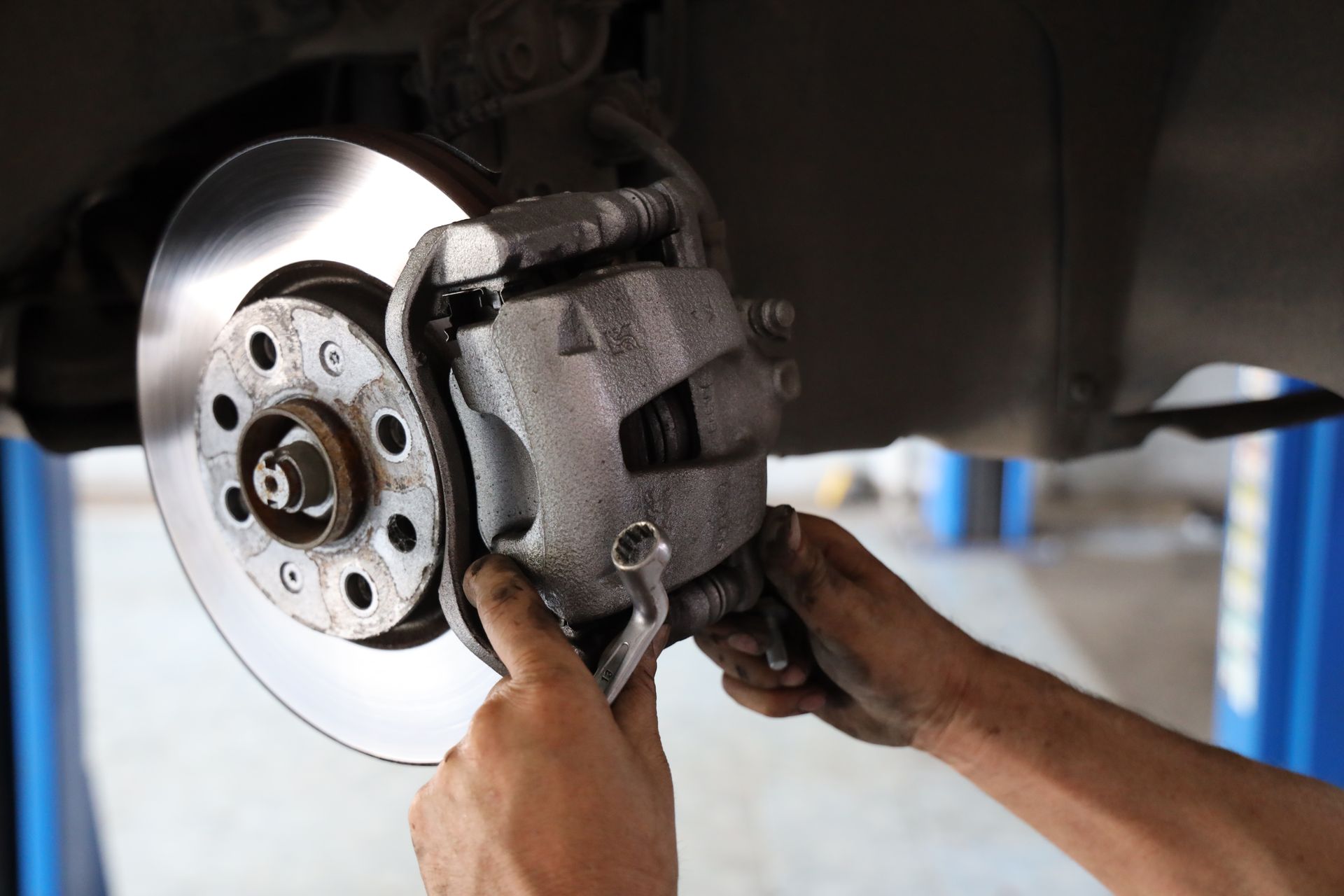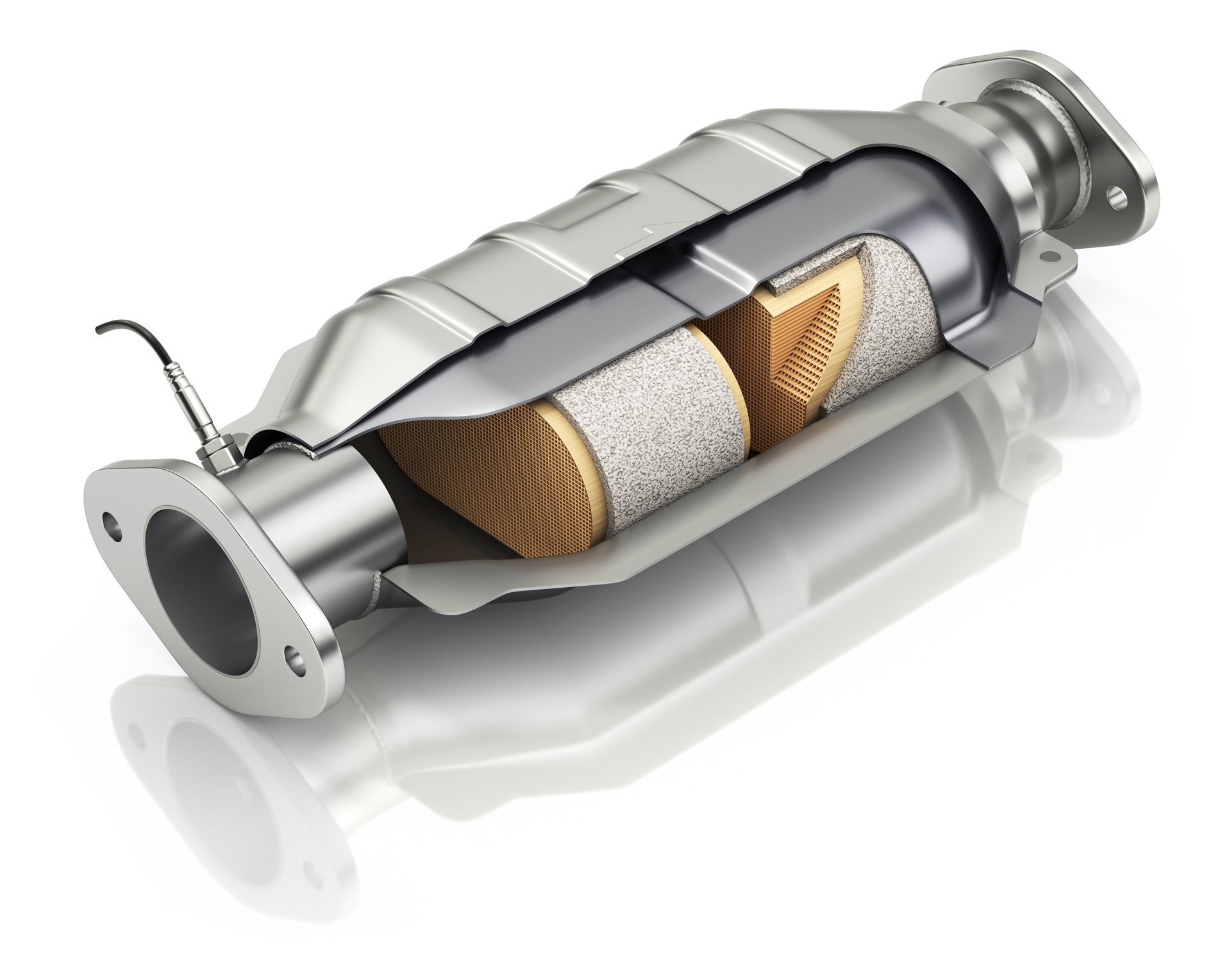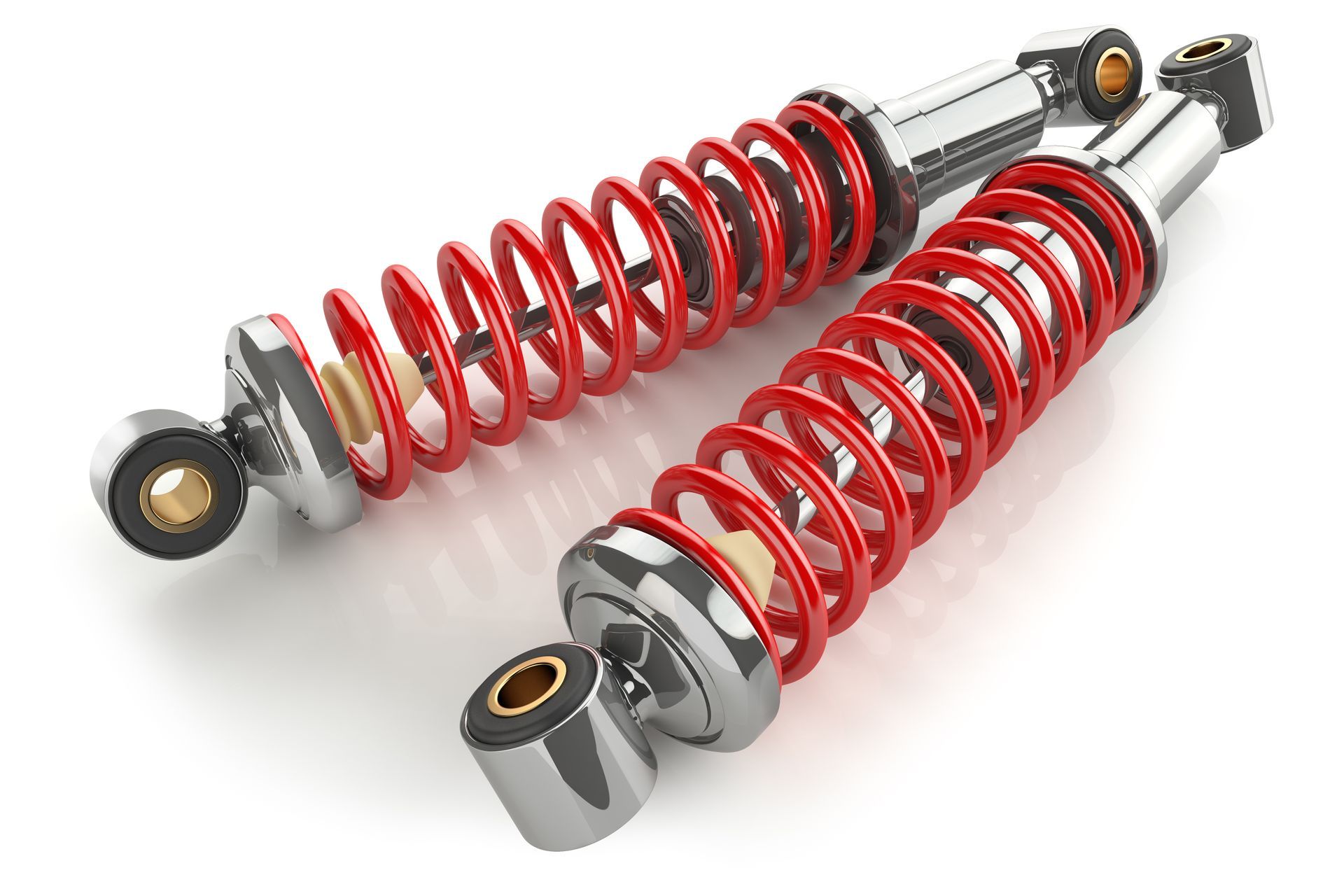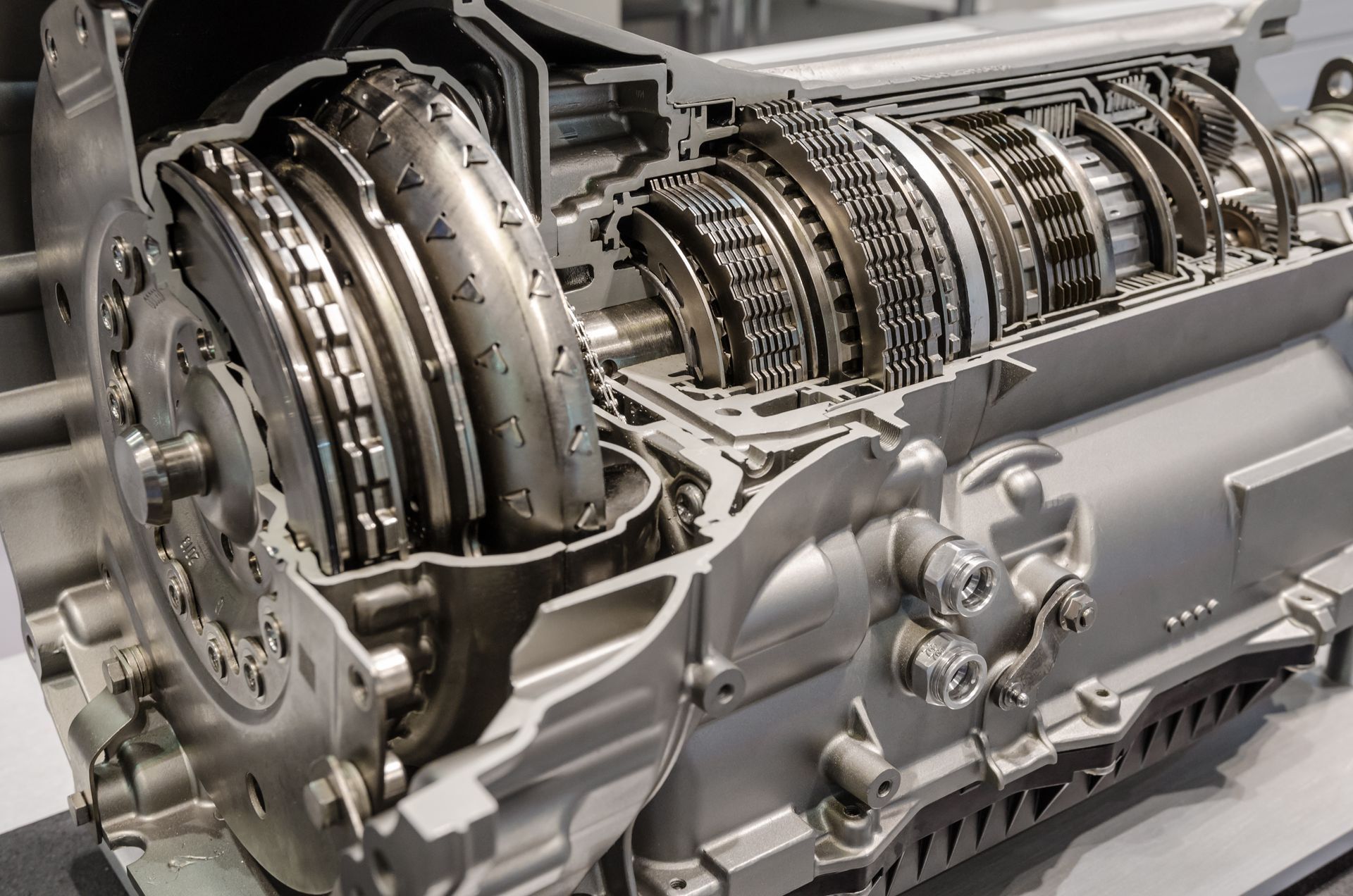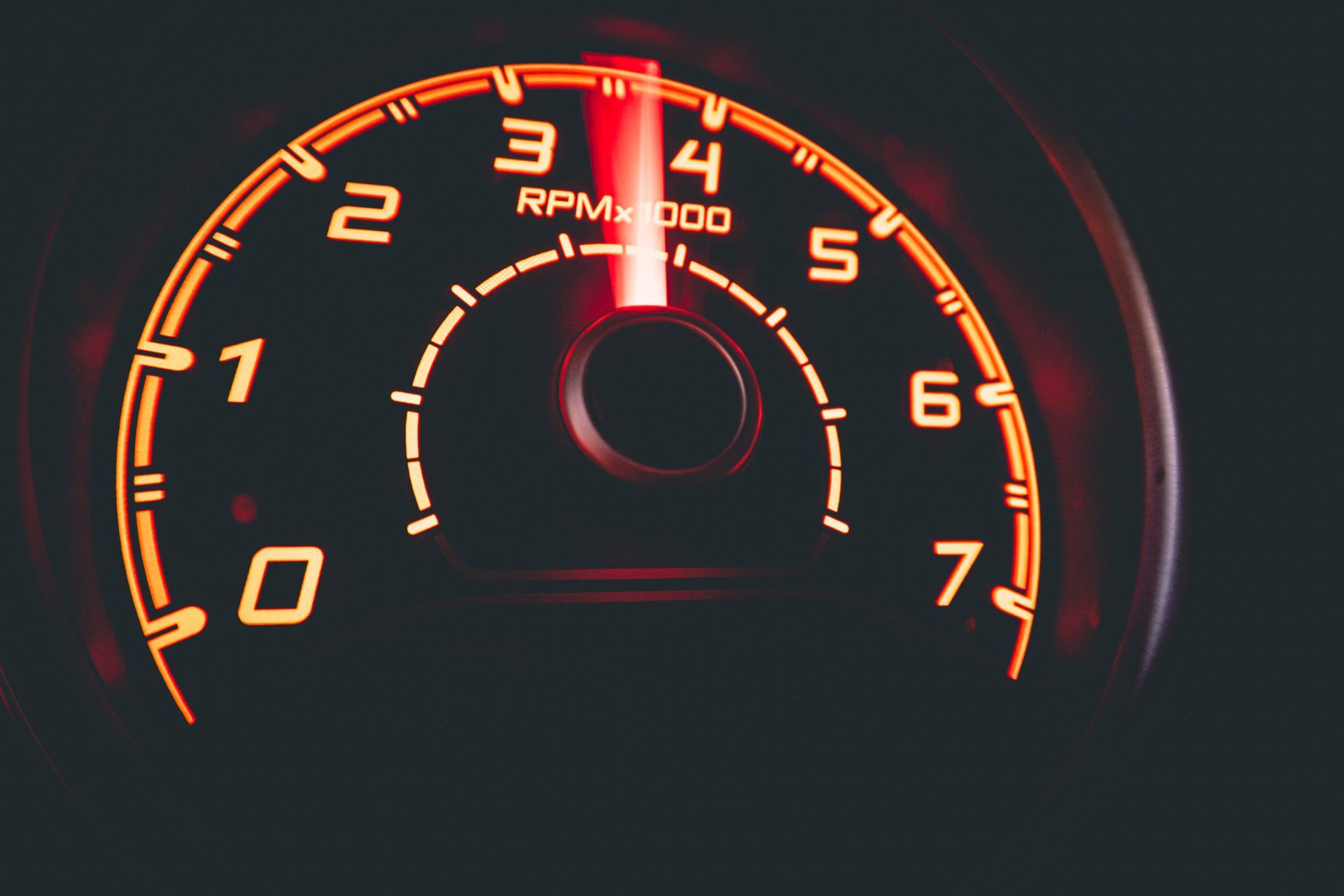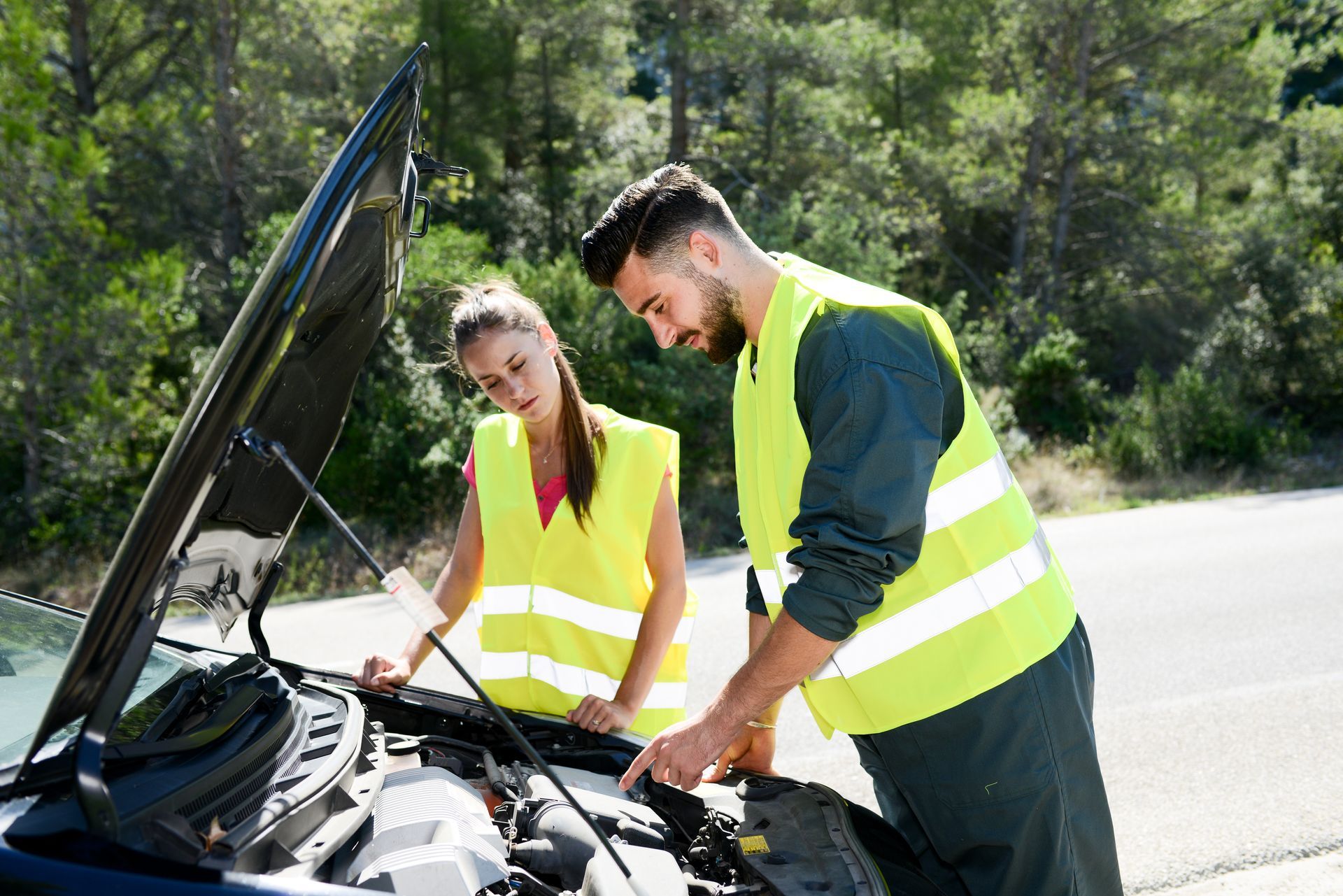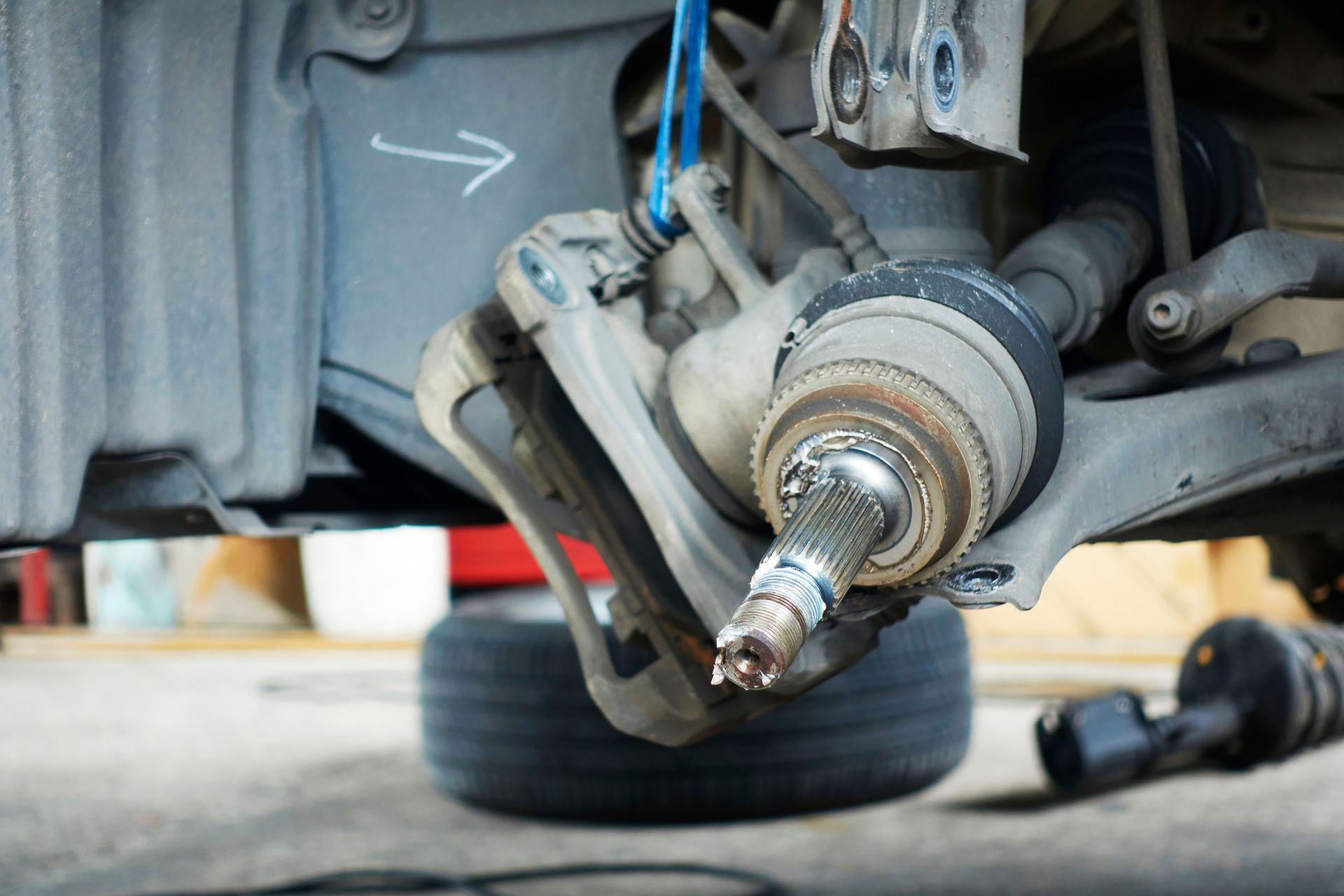When you’re driving a powerful car, it’s not just about speed and performance—it’s also about staying safe. The adrenaline rush from high acceleration and handling tight curves is thrilling, but have you ever considered what happens when it’s time to stop? This is where your car’s braking system comes into play, and for high-performance vehicles, brake checks aren’t something to take lightly. So, why do powerful cars require more frequent brake checks than your average daily driver?
High-Performance Brakes
High-performance cars are built to go fast, but stopping that speed is just as important. Brakes on powerful cars handle significantly more stress than those on standard vehicles, especially under high-speed driving conditions. The more powerful your car is, the more pressure you’re putting on your brakes every time you hit the pedal. This increased demand on the braking system leads to quicker wear and tear. Regular brake checks are essential to ensure that these components are functioning properly and can continue to handle the extreme demands of high-speed stops.
In high-performance cars, the brakes are often equipped with advanced features such as larger rotors, high-performance pads, and multi-piston calipers. These components are designed to offer superior braking power but also tend to wear down faster due to the stress of performance driving. Ignoring brake checks can lead to reduced braking efficiency and even dangerous situations on the road.
The Biggest Enemy of Brakes
One of the main reasons powerful cars need frequent brake checks is the amount of heat generated by their braking systems. Every time you brake, friction between the brake pads and rotors creates heat. In powerful cars, especially during spirited driving or track days, this heat can reach extreme levels. The more aggressive the driving, the more heat is produced.
Over time, excessive heat can cause brake fade, meaning the brakes lose their ability to stop the car effectively. This can also lead to brake fluid boiling, glazing on the brake pads, and even warping of the rotors. All these issues can drastically affect your car’s braking performance, which is why it’s crucial to inspect your brakes frequently, especially if you enjoy pushing your car to its limits.
Brake Components Wear Out Faster
It's no secret that high-performance cars put more strain on every part of the vehicle, and the brakes are no exception. While a typical commuter car might go tens of thousands of miles before needing new brake pads, powerful cars often require replacements much sooner. The materials used in high-performance brake pads, such as carbon-ceramic compounds, are optimized for maximum stopping power but can wear down quickly under high-stress conditions.
Rotors, which are designed to withstand high temperatures and force, can also become damaged more rapidly due to frequent hard braking. This wear-and-tear isn’t something you want to discover in the middle of a drive. That’s why regular brake checks are necessary to ensure the system is functioning at its best and you can avoid costly repairs or dangerous brake failures.
The Importance of Brake Fluid
You might not think about it much, but brake fluid is one of the most important components in your braking system. This hydraulic fluid allows the force from your foot on the brake pedal to transfer into stopping power at the wheels. In high-performance cars, brake fluid plays an even more critical role, especially when the system is under extreme pressure.
Over time, brake fluid can absorb moisture from the air, leading to a reduction in its boiling point. Once the fluid boils, it creates vapor, which can cause your brakes to feel spongy or, worse, fail entirely. This is particularly concerning for high-performance cars, where the brakes are pushed to their limits more frequently. Regular brake fluid checks and flushes ensure that the fluid is in good condition and capable of handling the extreme conditions that come with performance driving.
Identifying Warning Signs Early
Frequent brake checks aren’t just about preventing wear and tear—they’re about catching problems before they escalate. Powerful cars often provide early warning signs of brake issues, such as unusual noises, vibrations when braking, or a longer stopping distance. Ignoring these signs can result in more extensive damage, which could be costly to repair.
By checking your brakes regularly, you can identify these problems early and prevent them from worsening. For instance, if you notice squeaking or squealing noises when braking, it could be a sign that your brake pads are wearing thin. Catching this early can save you from damaging your rotors, which would be a much more expensive fix.
Regular Inspections Save Money in the Long Run
Many drivers believe that skipping brake inspections can save time or money, but the opposite is often true. Regular brake checks allow you to address minor issues before they turn into major problems. For example, replacing brake pads when they’re worn is much cheaper than replacing damaged rotors or entire braking systems due to neglect.
Powerful cars are an investment, and maintaining the braking system ensures that you get the best performance and longest lifespan out of your vehicle. Frequent brake checks are a small price to pay for avoiding more expensive repairs down the line, as well as keeping yourself and others safe on the road.
Concerned about your car's braking power? Visit
Barsh Automotive today for a comprehensive brake inspection and service. We’ll ensure your vehicle is safe and ready to perform.

